Meet the man who helped inspire the ‘Call of Duty’ craze
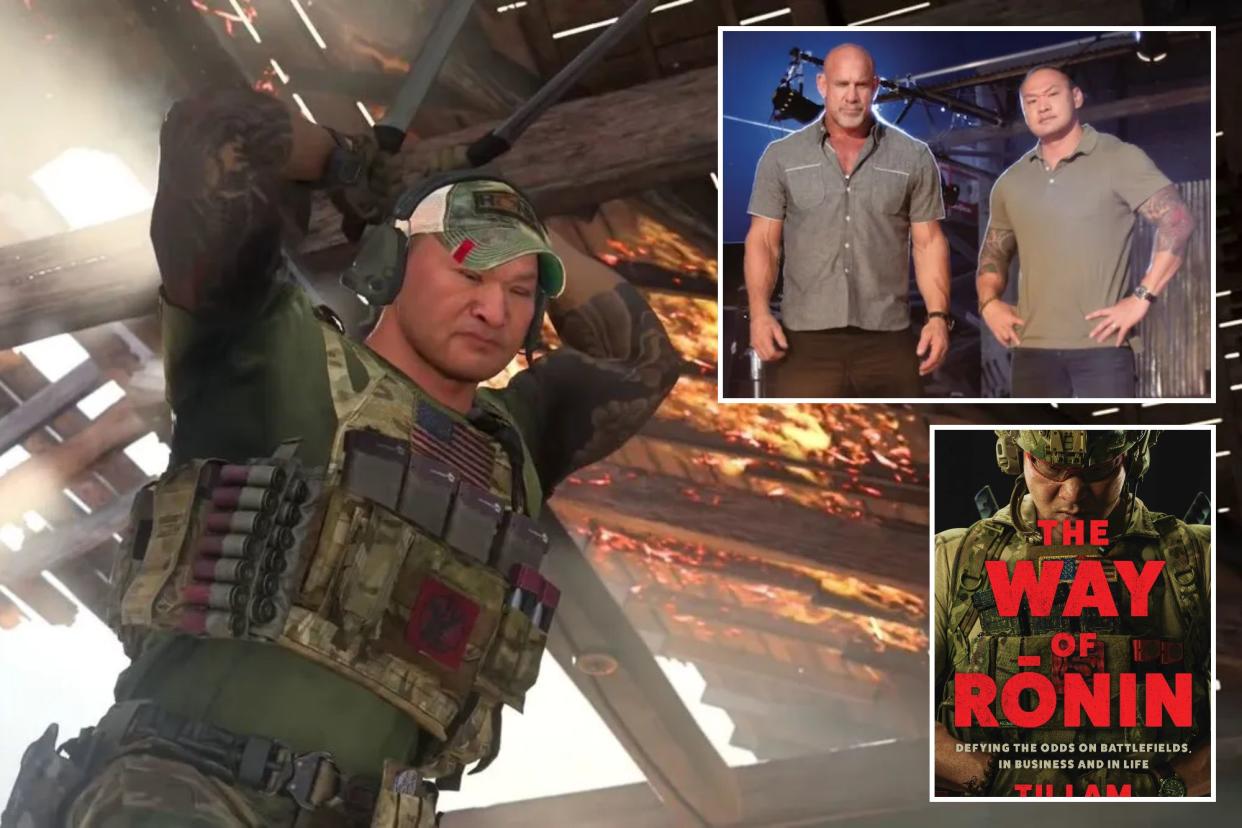
Nothing was too much for Tu Lam.
In the late 1970s, Tu struggled as a Vietnamese refugee living outside Fort Bragg in Fayetteville, NC.
In school he was bullied for wearing tattered clothing that smelled “like fish.”
Teachers assigned him to the back of the classroom and bus drivers to the back of the bus.
In the streets he was called “chink,” spit on, and told to go back to Vietnam.
But Lam’s mother and aunt both married Green Berets, and those men helped eventually turn Tu into a decorated war hero, video game inspiration, and successful businessman.
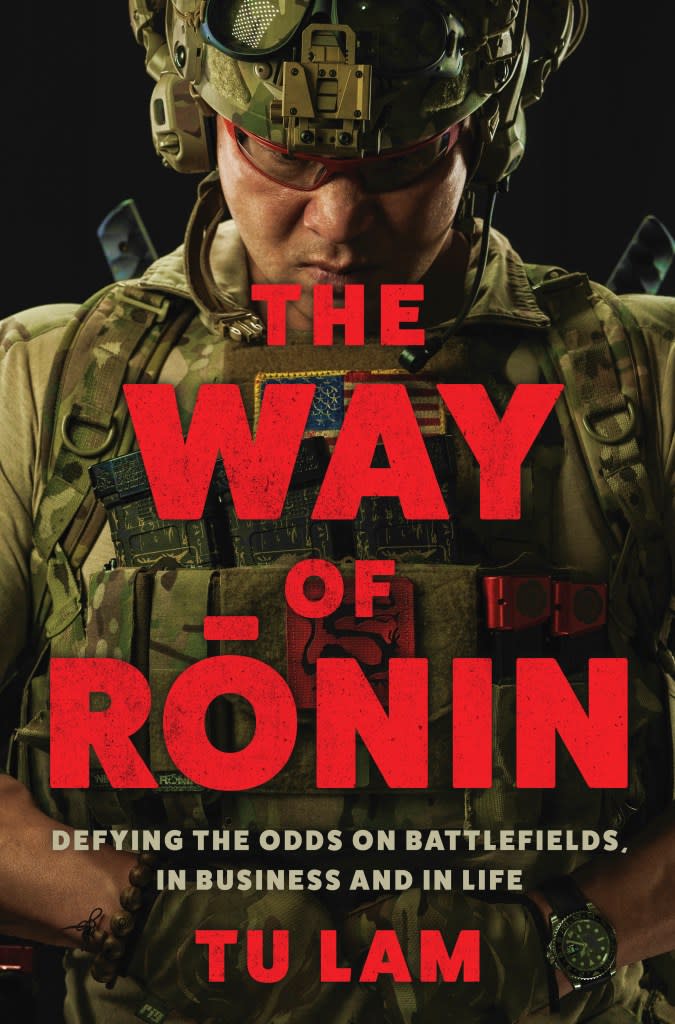
It started with a single question.
One morning, Tu’s uncle acknowledged his nephew’s troubles but implied they could be overcome.
“Do you want to be a f–king commando today?” the Green Beret asked.
“Yes, I wanted to be a f–king commando,” Lam writes in “The Way of Ronin: Defying the Odds on Battlefields, in Business and in Life” (Hanover Square Press, May 21).
After the Vietnam War, starving on a tiny boat floating in the South China Sea when trying to flee, and barely existing at an Indonesian refugee camp, the Lam family wanted to prosper in America.
For Tu Lam that meant hard work.
In North Carolina his stepfather woke Tu at 4 a.m. each morning, expecting the boy to make his bed, raise the American flag, and run five miles to a nearby lake.
Lam initially balked at the routine, but that discipline would stick.

At 8 years old he began studying martial arts and US Army “combatives” (fighting techniques). In high school Tu joined the football, wrestling and track teams. If told to run three miles, Tu would run five; told five, he would run eight; told eight, he would run 13, and often, voluntarily, with weighted packs on his back.
Tu joined the Army before finishing high school and shipped off to basic training the day of graduation. “It was the end of my life as a refugee. It was the beginning of my life as a soldier.”
Tu loved the Army but he faced racism daily, still called “chink” by fellow soldiers —and even his superiors.
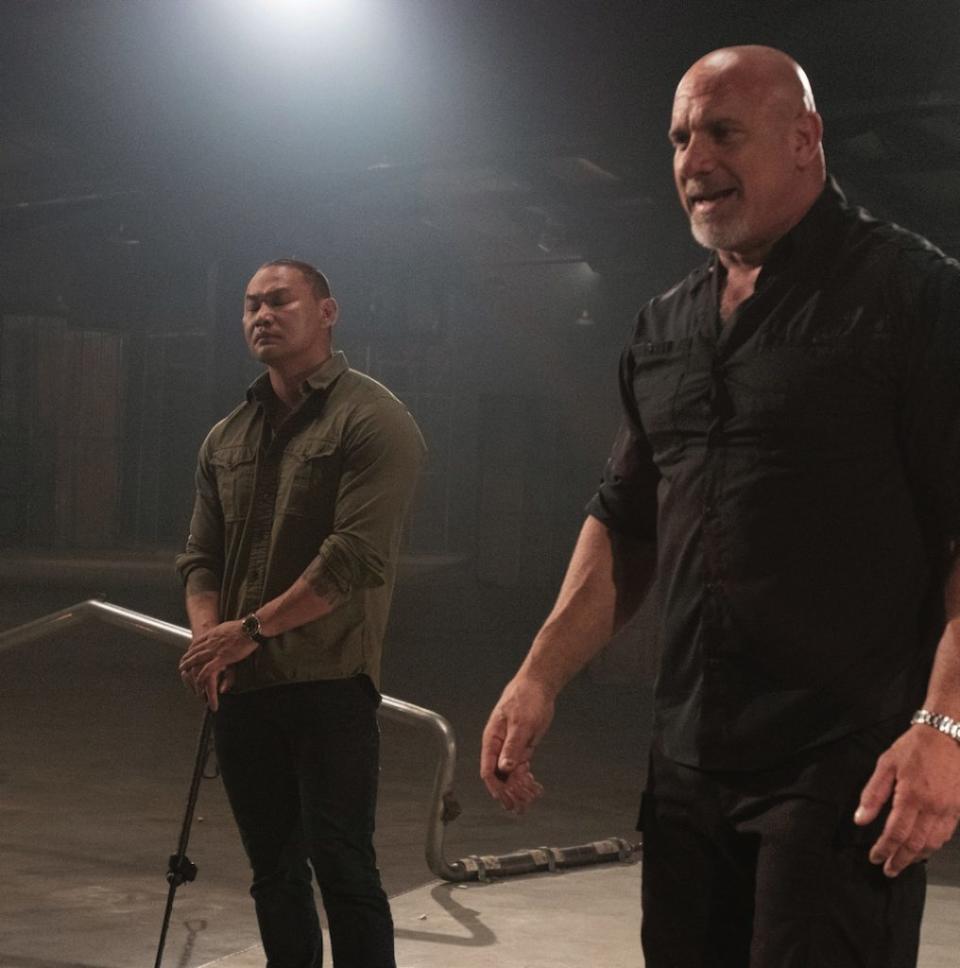
But Lam persevered.
He joined the 82nd Airborne and outperformed his fellow recruits before opting for the more difficult Ranger school.
He survived that, too, through “blisters, blood, vomit and all,” sleeping just an hour every night and eating one meal a day.
After becoming a Ranger Lam became a Green Beret, too.
In a 23-year military career Tu was a weapons specialist, a combat diver, a team leader, and a special forces commando.
He engaged in operations in Korea, Thailand, Guam and Singapore.
Working with Malaysian commandos, Tu once stuck his head through dense jungle underbrush to find himself face to face with a “Malayan tiger,” which fortunately ambled away.
In Libya he trained rebels to fight Muammar Qaddafi while in South Africa he provided extra security for President Barack Obama.
In Chad, his team fought rebels poaching wildlife to fund terrorist camps.
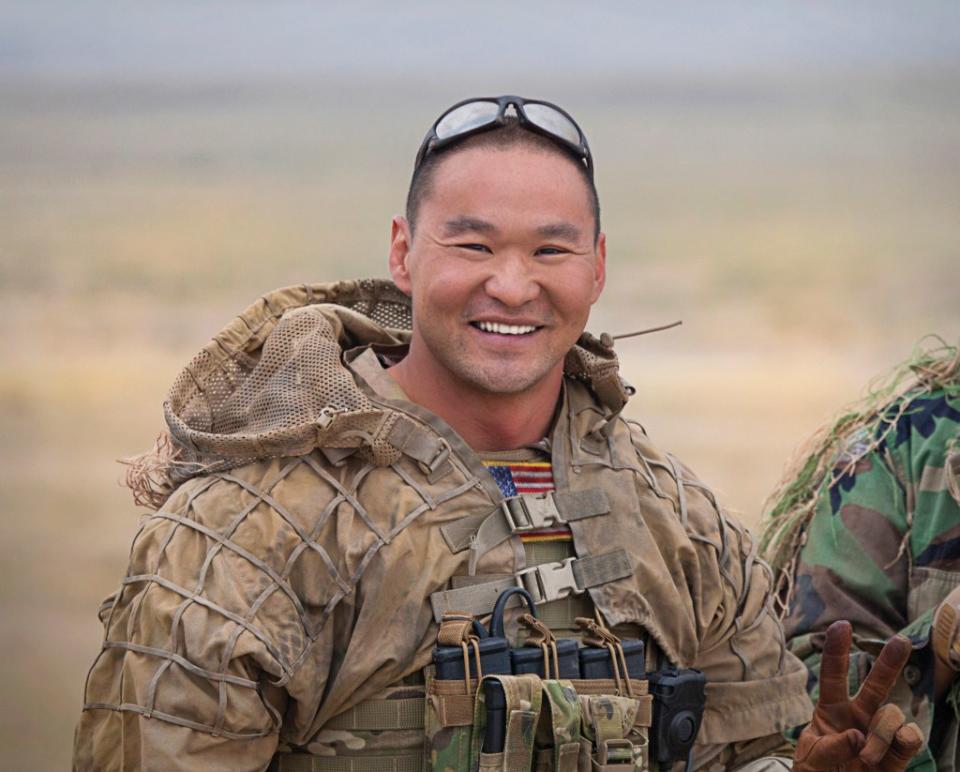
At the same time, Tu kept his promise to his mother to graduate from college.
“I had a pistol on my pelvis and a bookbag on my back,” Lam writes. “I typed term papers in grass huts and went to Internet cafes to take exams.”
And in Iraq and Afghanistan, Tu Lam went to war.
It was gruesome work though.
In Iraq, Tu picked through the remains of a U.S. missile strike, pulling blackened corpses around to identify the terrorists killed.
He wiped the blood off a dismembered hand and held it to a scanner to check its fingerprints.
Then he returned to base, cleaned up, and took a scheduled midterm exam.
“War, death, college test. It was just another beautiful day in Iraq.”
But Tu Lam’s experiences left him injured, physically and mentally.
After more than two decades in the Army he became addicted to pills, painkillers and antidepressants.
He was diagnosed with traumatic brain injuries from an IED blast, plus acute anxiety and depression.
Tu Lam’s military career was over.
That decision devastated Tu, and he retired into a funk of depression and addiction.
He spent most days sitting on the couch.
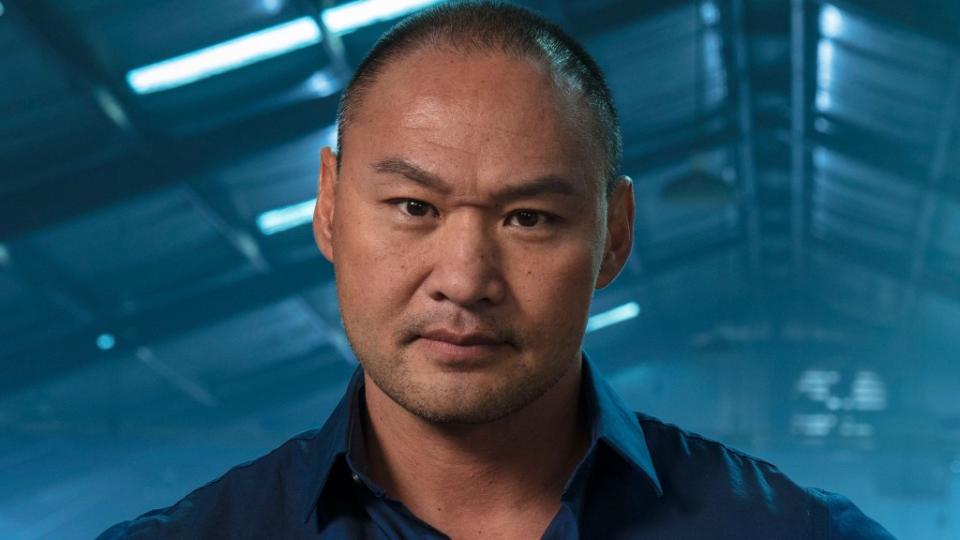
But Tu had an unbreakable will, so one day he simply told himself to “Get up”—and he did.
He told himself to just “Dump” all the pills —and he did.
He thought he should start a business—and he did, designing military equipment based on his years of experience and expertise.
Lam began training SWAT teams, counternarcotics teams, US Marshals, Texas Rangers and police departments.
“Weapons, war, tactics—that was my brand.”
YouTube and Instagram videos of his classes spread Tu’s name, and soon he began hosting the show “Knife or Death” on the History Channel.
Lam’s warrior reputation shined so bright he also inspired and helped design the Ronin character on the popular video game, Call of Duty.
But the fame, the wealth, the glory, the medals on his chest, all of it resulted just because young Tu Lam answered one question with an enthusiastic affirmative.
“Yes, I wanted to be a f–king commando.”

